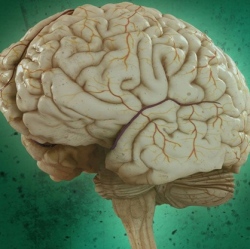
The recent recession was accompanied by a sustained increase in major depression in U.S. adults, according to a Loyola study published in the Journal of Clinical Psychiatry. Prevalence of major depression increased from 2.33 percent during the years 2005-2006 to 3.49 percent in 2009-2010 to 3.79 percent in 2011-2012.
Prevalence of less-severe depression increased from 4.1 percent in 2005-2006 to 4.79 percent in 2009-2010, but then declined to 3.68 percent in 2011-2012. The study is the first to evaluate the population-wide impact of the Great Recession on mental health. The study was a collaboration among Loyola researchers in the Department of Public Health Sciences and Department of Psychiatry and Behavioral Neurosciences.
Prevalence of both major and less severe depression was highest among adults who were living in poverty or had less than a high school education. “The mental health of these vulnerable populations may be most affected during time periods of economic distress, but more research is needed,” researchers wrote.
It’s plausible, researchers concluded, that the Great Recession’s negative effects on employment, housing security, and stock investments contributed to the sustained increase in major depression. However, they noted it is possible other factors could have played a role.
“The impact of the economic downturn on depression prevalence should be considered when formulating future policies and programs to promote and maintain the health of the U.S. population,” researchers wrote.
